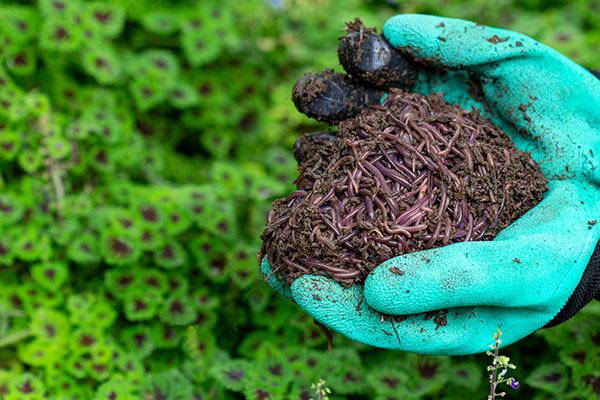
The study was led by the carpet and floor cleaning giant Bissel, and there was another gruesome finding: 75 percent of people said that they wore their shoes around the house, which opens the door to a whole new set of problems. Wearing shoes around the house means you are most likely spreading traces of Escherichia coli (E. coli) bacteria around your floors -- and carpet is especially prone to harboring this invasive bacterial species, which is commonly found in human and animal feces.
Those of us who haven't washed our carpets might want to consider doing so: Living with an unwashed carpet means you're at risk of hosting any number of unwanted bacteria, allergens and other microbes right beneath your feet. These can come with health risks, like worsening asthma or eczema, and can cause year-round allergies or even disease. (RELATED: Learn more about eliminating your risk of disease at Prevention.news)
The Bissel study also found that while 79 percent of people surveyed were aware that bacteria could accumulate in their bed sheets, 63 percent had no idea that the same could be true of their carpeting.
Dr. Lisa Ackerley, a top authority on hygiene, said, “This research is of concern as unwashed carpets can become home to bacteria and germs, in particular dust mites." Dr. Ackerley explained that dust mites are especially worrisome because each mite produces approximately 20 waste droppings per day. This equates to a disturbing amount of feces floating around in the air: Roughly 20,000 fecal particles per cubic foot of carpet!
Even more shocking was the number of people who will eat food that has fallen on the floor. A staggering 59 percent of respondents said that they follow "the 3-second rule," when it comes to dropped food. Sixty-three percent also reported that they had allowed their children to eat food that had fallen on the floor, potentially exposing them to disease-causing bacteria.
"Eating food that has been on the floor or a dirty carpet is a gamble with your health when you consider what you may have trodden across your carpets, or what your pets may have done on the floor – disgusting," Dr. Ackerley commented.
Of course, there is also such a thing as being "too clean." In fact, being too clean is associated with an increased risk of allergies and asthma. Bacteria surround us, and they are a part of our lives whether we realize it or not. While there are many harmful microbes that can cause illnesses, there are plenty of good ones out there too. Exposure to good microbes, especially in early childhood, is known for providing health benefits.
Sally Bloomfield, from the London School of Hygiene and Tropical Medicine and chair of the International Scientific Forum on Home Hygiene, explains that timely cleaning is more important than excessive cleaning and states that cleaning should be "an ongoing part of our daily lives, where hygiene measures are targeted where and when necessary." For example, if you are chopping raw meat, you should clean your cutting board and counter immediately afterward. But if you've just chopped up a tomato, cleaning the cutting board can wait until you wash the rest of the dishes.
The bottom line is that you should be aware of the potentially harmful bacteria residing in your home, and in your carpet -- but also note that excessive cleaning isn't always necessary. And maybe you might want to stop wearing your shoes around the house.
Sources:
Please contact us for more information.























